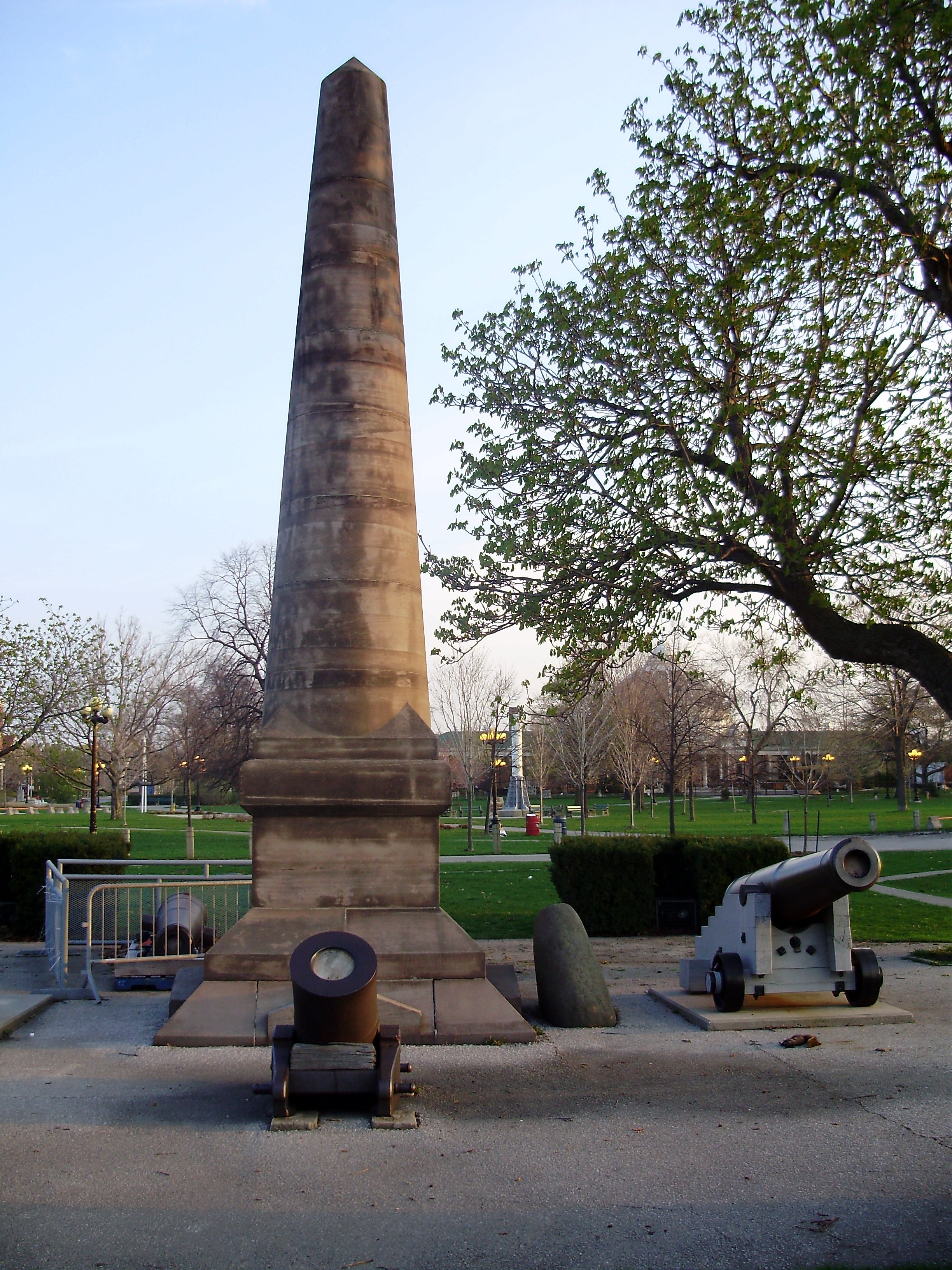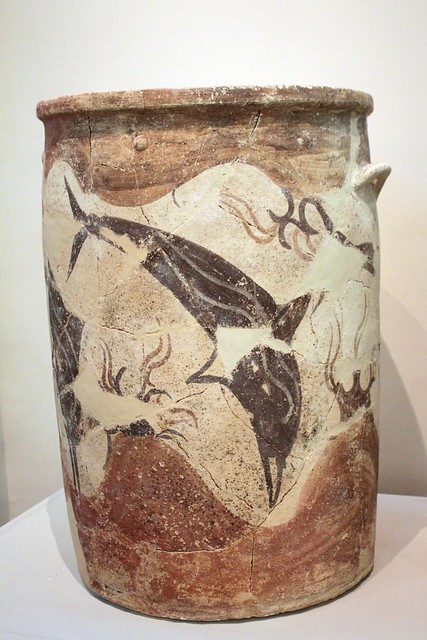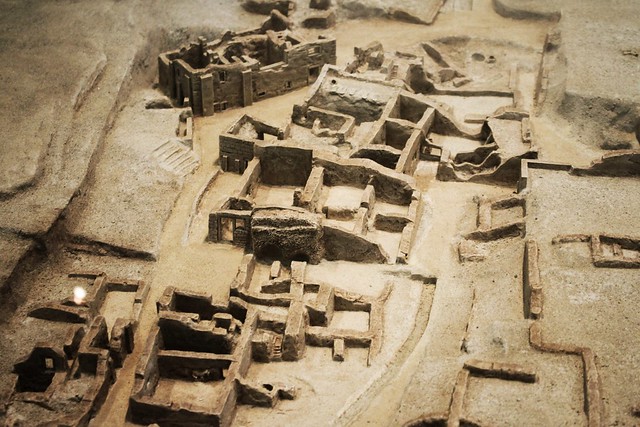This guest post is written by Vinay Shingornikar
This post aims at shedding light on the forts established by French colonists

and chartered companies in Canada. The sites range from large citadels to small trade posts that were built in the period of 1640s-1750s.
Few forts were captured by the French from rival British fur trading companies. Even though most establishments are reduced to ruins and have disappeared over time, few forts have survived the battles and have been reconstructed.
The
French forts in Canada
stand testament to the country's history and deliver an insight on regional culture and background. Along with rich history, these windows to the past also present spectacular views and exciting activities for all ages.
French forts in Canada.
| Fort St. Anne | Fort Espérance | Fortress of Louisbourg |
| Bas de la Rivière | Fort Frontenac | Citadelle of Quebec |
| Fort Beauséjour | Fort Gaspareaux | Fort Maurepas |
| Fort Boishebert | Fort Royal (Plaisance) | Fort Paskoya |
| Fort Bourbon | Fort Saint Jacques | Fort Richelieu |
| Castle Hill | Fort Saint-Jean | Fort Rouge |
| Fort Chambly | Citadelle of Montreal | Fort Rouillé |
| Fort de la Montagne | Fort Sainte Anne | Fort Sainte Thérèse |
| Citadelle of Quebec | Fort Kaministiquia | Fort Senneville |
| Fort de la Corne | Fort La Reine | Fort St. Pierre |
| Fort Dauphin | Fort La Jonquière | Fort Ville-Marie |
Brief information on some prominent historic forts
Citadelle of Quebec (Constructed in 1693)
Quebec City is the only city in North America that still holds its historic city walls. The Citadelle is a part of the city fortifications. Located atop Cap Diamant, it served as a military base and residence for officials. The Quebec Parliament Building and provincial government buildings are located in close proximity to this historic site.
How to reach – Take a flight to Quebec City and head to the Plains of Abraham near the coast. The Citadelle stands adjoining to these plains.
Fort Rouillé (Constructed in 1750)
Established around 1750, Fort Rouillé was a French trading post. It was also referred to as
Fort Toronto because it is located in Toronto, Canada. In the past, the French fort was surrounded by a wall and housed five buildings, including quarters for soldiers and senior officers. Currently, a large obelisk marks the spot where the fort originally stood.
How to reach – Fort Rouillé is located within the city limits of Toronto. Hence, if you visit Toronto, you can check the site at your convenience.
Fort Senneville (Constructed in 1671)
Fort Senneville was constructed by the Canadiens of New France in 1671. It is one of the most remotely located forts of Montreal, Canada. Formerly, it was highly esteemed for its powerful cannons and wall guns. Fort Senneville was destroyed under the successive British rule in 1776. The ruins have been maintained ever since. It was acknowledged as a historic site in 2003.
How to reach - Fort Senneville is situated near the Sainte-Anne rapids on the Island of Montreal. Hence, head to the southwestern tip of the island if you fly to Montreal and land at the airport.
Fort Saint-Jean (Constructed in 1666)
Originally built by the soldiers of the Carignan-Salières Regiment,
Fort Saint-Jean was a part of a chain of
French forts constructed along the Richelieu River. Over the years, the fort was reconstructed several times. It is worth noting that the fort sets itself as a military site that has been under constant occupancy for the longest time after Quebec City in Canada. Currently, it houses the Royal Military College of Saint-Jean and is recognized as a National Historic Site.
How to reach – The historic Fort Saint-Jean is located on the Richelieu River. This region falls under the Canadian La Vallée-du-Richelieu Regional County Municipality, Quebec.
Fort de la Montagne (Constructed in 1685)
Fort de la Montagne is also known as Fort des Messieurs or Fort Belmont. It is considered among the oldest structures in the Island of Montreal. Formerly, the fort had four bastions and an array of ramparts and palisades. However, these were destroyed in 1854, leaving behind two towers. In 1982, the surviving towers were identified as historical monuments and were restored between 1984 to 1986.
How to reach – To reach this site, head to the corner of Sherbrooke Street in Montréal city.
Author Bio -
Vinay Shingornikar is a popular and accomplished writer having authored a number of articles across a wide variety of online publications. Currently, he is happily employed with Flight Network. Founded in 1998, Flightnetwork.com has grown to become Canada's second most visited online travel agency, specialising in offering highly discounted prices for domestic and international flights, along with hotels, cruises, vacation packages, and car rentals.
Also check out:
Monday Ground Up: Diving the Titanic in Newfoundland
She hit an iceberg and sank, in one of the most epic tragedies of all time. Nearly 100 years later tales of the
RMS Titanic
remains legendary. Perhaps the work of James Cameron and Leo Di Caprio can be credited for bringing the story of this ill-fated trip to mainstream popular culture. Or perhaps, even without a multi-billion dollar blockbuster our morbid human curiosities would still keep us entranced by this sunken piece of history.
Medieval Castle Casa Loma Castle In Toronto, Canada
One often hears this question asked from visitors from abroad, especially from Europe where kingdoms and castles date back over many centuries. The Canadian Federation occurred on July 1, 1867. -Canada is just not so old to possess many of what we would normally be considered 'castles.'
The Royal Ontario Museum Hosts the Terracotta Army
TORONTO.- The Royal Ontario Museum (ROM) hosts the Canadian premiere of The Warrior Emperor and China’s
Terracotta Army
from June 26, 2010. Prior to its embarking on a Canadian national tour, the exhibition will be displayed in the Garfield Weston Exhibition Hall on Level B2 of the ROM’s Michael Lee-Chin Crystal until January 2, 2011.

























